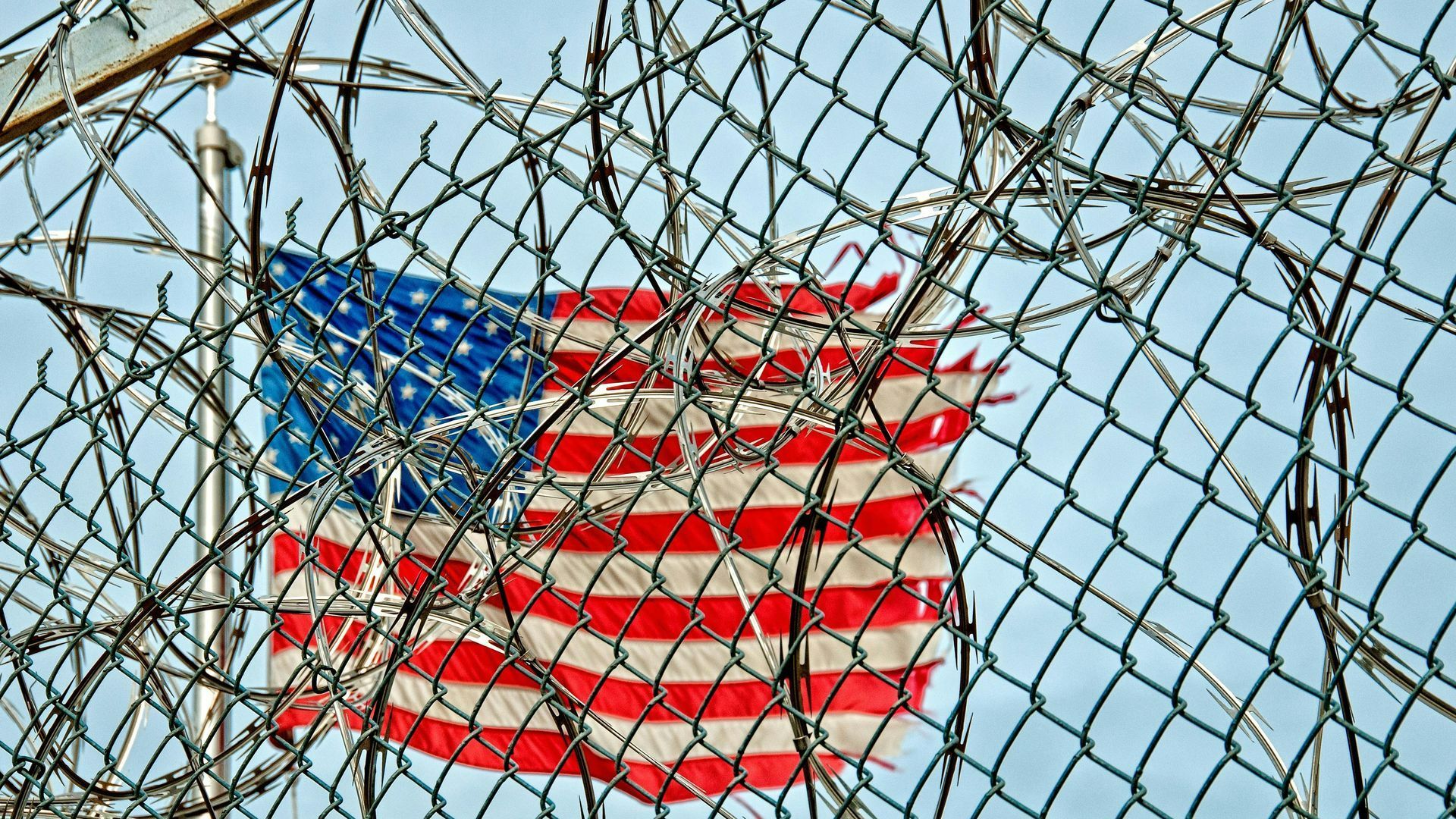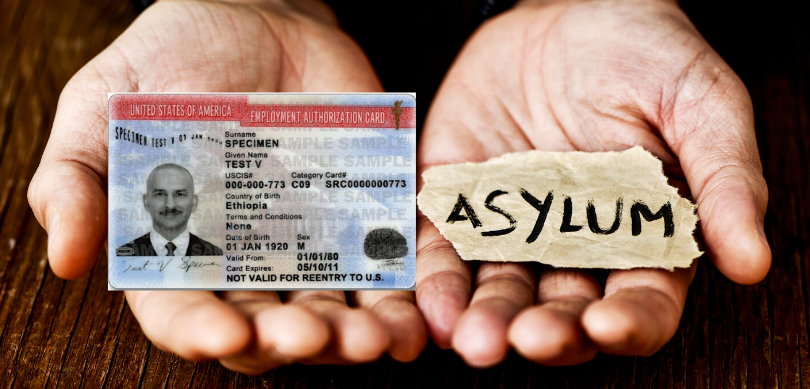What is happening at the southern U.S. border?
Denice Flores • November 14, 2024
On June 3, 2024, President Biden signed Proclamation 10773, Securing the Border. On September 27, 2024, President Biden amended Proclamation 10773.
The Presidential Proclamation 10773 has suspended and limited the entry of certain noncitizens into the United States across the southern U.S. border.
As of June 5, 2024, U.S. immigration enforcement and asylum procedures across the southern U.S. border are more strict. According to the Department of Homeland Security, this suspension and limitation on entry and associated measures will apply until 14 calendar days after there have been 28-consecutive-calendar-days of a 7-consecutive-calender-day average of less than 1,500 encounters by DHS. The suspension and limitation on entry will continue to, or again, apply if there has been a 7-consecutive-calendar-day average of 2,500 encounters or more. Therefore, as of now, there is no end date to the rule.
Under the Presidential Proclamation, noncitizens who are apprehended by DHS while attempting to enter the U.S. unlawfully and who do not establish a legal basis to remain in the United States will:
- be promptly removed to their home country or a third country,
- face at least a 5-year bar on re-entry, and
- confront possible criminal charges for a subsequent unlawful reentry.
Noncitizens who cross the southern U.S. border unlawfully and who do not fall in one of the exceptions from the Proclamation, are generally ineligible for asylum, unless there are exceptionally compelling circumstances.
Noncitizens who cross the southern U.S. border, who do not fall within the exceptions, and are processed for expedited removal will only be referred for a credible fear screening if they express a fear of return to their home country, a fear of persecution or torture, or an intention to apply for asylum.
According to DHS, “the U.S. continues to follow international obligations and commitments by screening individuals who manifest or express fear, but who do not qualify for the exceptionally compelling circumstances exception to the rule, for withholding of removal and Convention Against Torture protections at a reasonable probability of persecution or torture standard – a new, substantially higher standard than is applied under the Circumvention of Lawful Pathways rule.”
The suspension and limitations under the Proclamation do not apply to noncitizens who make an appointment to present themselves at a designated land port of entry. The rule also does not apply to lawful permanent residents, other noncitizens with a valid visa or other individuals with lawful permission to enter the United States, unaccompanied children, and victims of a severe form of human trafficking.
This blog is not intended to be legal advice and nothing here should be construed as establishing an attorney client relationship. Please schedule a consultation with an immigration attorney before acting on any information read here.
Denice Flores
This Facebook widget is no longer supported.
Similar Posts

Under the new regulation, if a person filed or files Form I-589, Application for Asylum and for Withholding of Removal after October 1, 2024, and the application remains pending with USCIS for 365 days, the applicant must pay an Annual Asylum Fee (AAF) on the one-year anniversary of his or her filing date.

As of April 1, 2024, USCIS has instituted an inflation adjustment to immigration application filing fees . These fee increases apply to a majority of the different application types, including family-based, non-immigrant, and immigrant petitions. As a part of these fee increases, USCIS has also instituted a new program designed to provide funding to the United States’ Asylum Program, in order to better address the massive backlog of pending asylum claims currently waiting to be adjudicated. Unfortunately, these changes have led to confusion among petitioners for when they are required to pay the Asylum Program Fee, and when they may qualify for a 50% or complete exemption from the fee. The Asylum Program Fee is required to be submitted by employers in all I-129 and I-140 petitions filed on or after April 1, 2024. The Asylum Program Fee is $600, however, certain exemptions apply . Small employers , defined as having 25 or fewer total employees, qualify for a reduction of the Asylum Program Fee, but are still required to submit a reduced fee of $300. Individual petitioners, or self-petitions, such as in the case of an EB-2 National Interest Waiver, are considered small employers for the purpose of the Asylum Program Fee and are also required to submit the reduced $300 fee. Non-profit organizations are exempted from the Asylum Program fee and are not required to submit any additional funds with the ordinary I-129 or I-140 filing fee. In addition, non-profits qualify for a 50% reduction of the ordinary filing fee in certain types of applications, bringing the overall filing fee burden down substantially for non-profit organizations. With these changes to USCIS’ filing fee schedule, USCIS is hoping for significant improvements to efficiency and processing for pending asylum applicants. If you or your petitioning organization need any assistance in preparing an application for an immigration benefit, including ensuring proper compliance with the new fee requirements, our office is ready and waiting to help!

During the recent administration there has been an increase in issuance of Requests for Evidence for EB-1A petitions for those of Extraordinary Ability. A Request for Evidence is a request that is made by USCIS that should explain how the evidence is deficient in proving the criteria argued and what additional evidence needs to be provided by the applicant to meet the criteria. EB-1A petitions are already normally subject to higher scrutiny because their approval is the first step needed to apply for Lawful Permanent Residence or a green card. USCIS normally requires not just evidence but that the evidence be provided with context and information to show why it matters in a particular field. For example, if you were providing evidence of your membership in an organization that requires outstanding achievements of its members, just providing evidence of the membership is not enough. You must explain what that membership is and provide background information on the organization granting the membership. You also need to provide evidence on the criteria that is used to select the members, information on those who select the members to show that they are recognized experts, other documentation such as articles about the membership organization to show its importance, and any other relevant evidence and background information to show that the criteria is met. A request for evidence being issued prior to the current administration was not uncommon, but in the current climate it is more surprising to not receive a request for evidence for this type of case. It is important to remember that a request for evidence is not a denial. Depending on the validity of the information in the request and the substance some Requests for Evidence can be overcome, and the case be approved. It is important to carefully review the request and note if there are any errors in the content and application of the regulations by USCIS. If you have an attorney, you should work with them and make sure that you provide any evidence you think may be helpful. Although there is a deadline by which a response must be submitted, attention to detail and patience will go a long way when dealing with having to respond to a request for evidence. If you believe you may qualify for this type of visa, please feel free to contact our office.

Once you have connected with a college program, have been admitted to the school, and deemed eligible to compete athletically, you will need to secure an F-1 student visa in order to actually attend your new college and begin your time as a student athlete. The first step in the visa process is to receive your Form I-2

For many talented athletes around the world, U.S. college athletics represent a remarkable opportunity to combine elite athletic competition with higher education. In sports such as basketball, soccer, track and field, and tennis, among others, hundreds of colleges and universities across the United States offer struct





